Opportunity Zones Heat Up in South Florida
Coral Gables, Wynwood and Hialeah are among the likely hotspots for investments driven by the stimulus program, according to Duane Morris attorneys Jay Steinman, William Rohrer and Brad Molotsky.
Most real estate professionals are now aware that the federal Opportunity Zone tax incentive program became effective in 2018 and that Qualified Opportunity Zones are located in all 50 states and Puerto Rico.
In Southern Florida, in Miami-Dade County, areas such as Coral Gables, South Miami, Hialeah and Wynwood will likely be hot spots for Opportunity Zone investment given their access to road systems and water. In Broward County, parts of Pompano Beach, Plantation, Fort Lauderdale and Hollywood are likely to see investment interest given their access to existing highways and rail systems already in place.
Developers will likely seek to purchase land in these areas in order to build with their own capital and/or equity from Opportunity Zone investment vehicles in order to utilize cheaper sources of capital and, thereby, drive better development returns due to the ability to defer capital gains, reduce those capital gains, and, if the investor stays in the investment within the zone for more than ten years, and thereafter sells at a gain, 100 percent of the appreciated value is federally capital gains tax free!
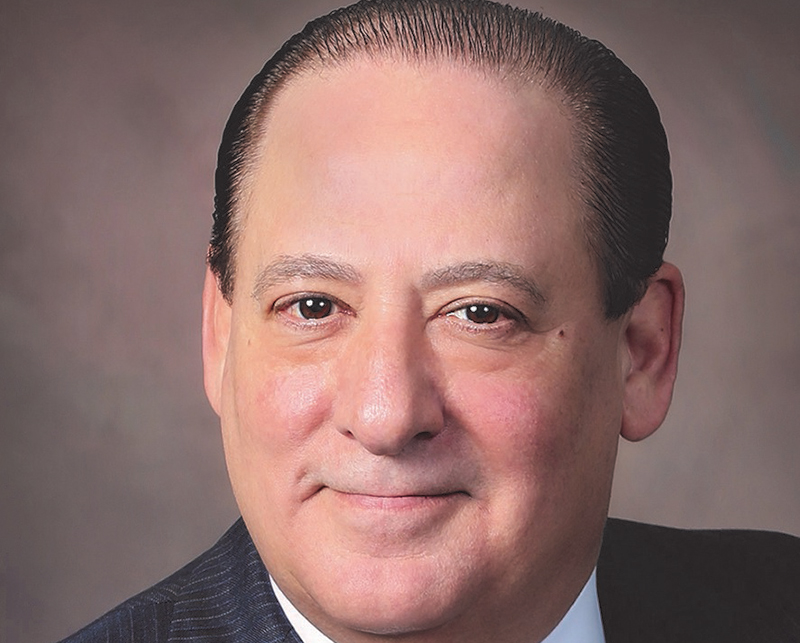
Jay Steinman Image courtesy of Duane Morris
The program is applicable to developers/owners/investors of all property types including multifamily rental, retail, hotels, industrial, commercial, office, industries, self-storage, assisted living, affordable housing, etc. Moreover, it applies to not only real estate investors but to those whom have sold personal property, including stock.
In order to maximize the “opportunity” of the Opportunity Zone program, developers and investors need to move quickly to take full advantage of the tax benefit as demand increases and the time period of eligibility diminishes. Developers and owners are entitled to rely on the proposed regulations now and need not wait for final implementing rules so long as they follow the regulations as stated. Since the program only lasts until 2026, the seven-year ability to reduce capital gains by 15 percent will disappear if investments in Florida are not made by 2019 and the five-year ability to reduce capital gains by 10 percent will disappear if not made by 2021.

William Rohrer Image courtesy of Duane Morris
One of the bills that the Florida legislature is considering during its 60-day session this year is a bill introduced by Democratic state Rep. Anika Omphroy from western Broward County. In it, she proposes the creation of development agencies for each opportunity zone in the state. Those agencies would include eight to 13 unpaid members each and they would be appointed by municipalities. The agencies would be responsible for developing strategic plans for each zone and applying for state incentives, including sales tax credits and a 60 percent reduction in property tax assessments for improvements made.
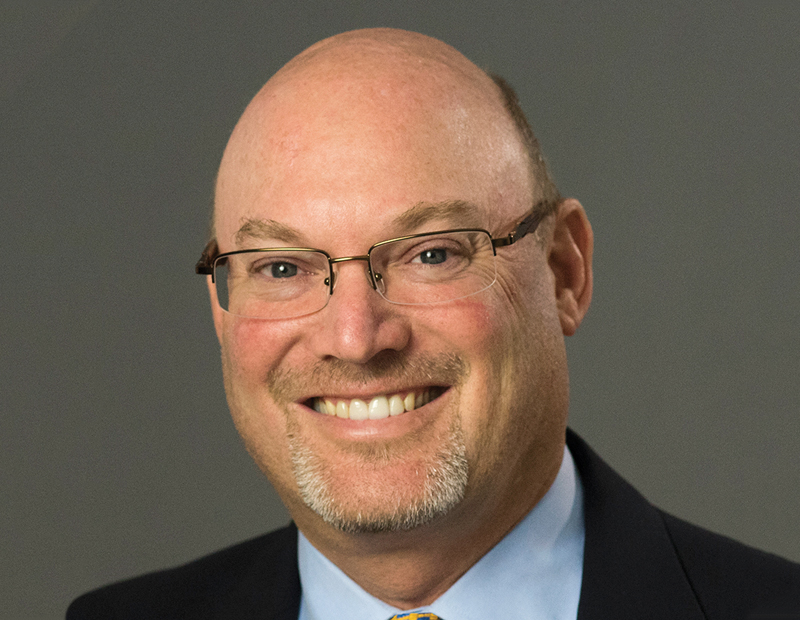
Brad Molotsky Image courtesy of Duane Morris
What will these South Florida owners and developers get from leveraging the Opportunity Zone program for their project? Appreciation of value of investments in qualified businesses or real estate within the Opportunity Zones that are held for at least 10 years are not subject to federal capital gains tax if the investment is sold prior to Dec. 31, 2047. Accordingly, the longer an entity has an investment within a Qualified Opportunity Fund within an Opportunity Zone, the more it can reduce its capital gain―either by 10 percent (if five years) or 15 percent (if seven years or longer).
Interested investors are already focusing on deploying capital in Florida and elsewhere in substantially improving various asset classes and in creating funds to deploy in investing in various asset classes.
Jay Steinman is a real estate and finance attorney and partner in Duane Morris’ Miami office.
William Rohrer is an international tax attorney, a certified public accountant and a partner in Duane Morris’ Miami office.
Brad A. Molotsky is a real estate attorney and partner in Duane Morris’ New Jersey and Philadelphia offices.

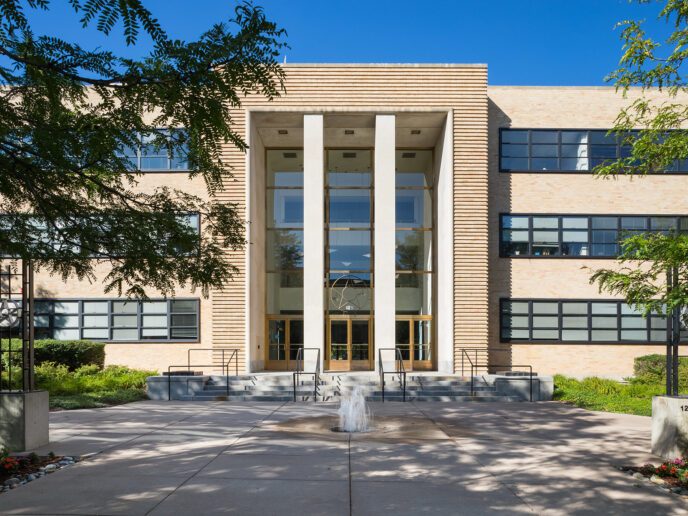
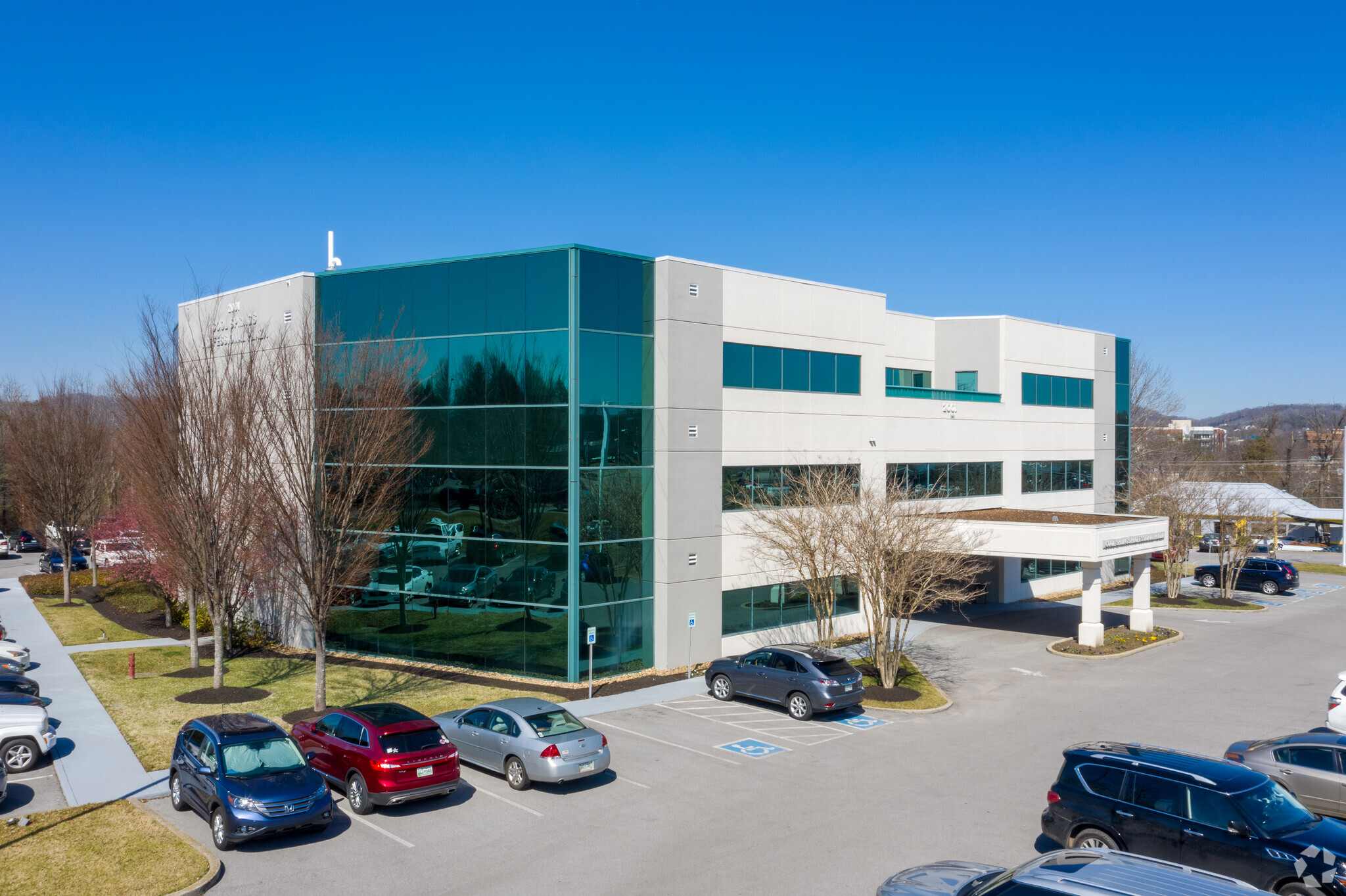


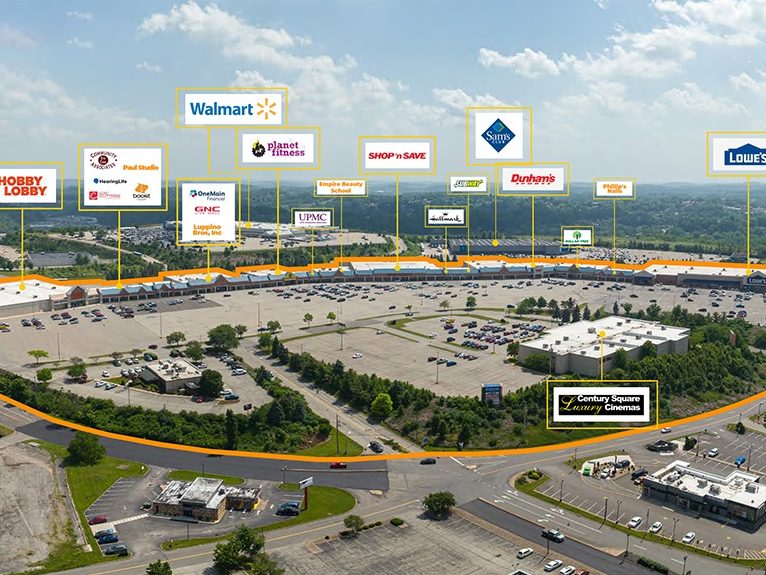

You must be logged in to post a comment.